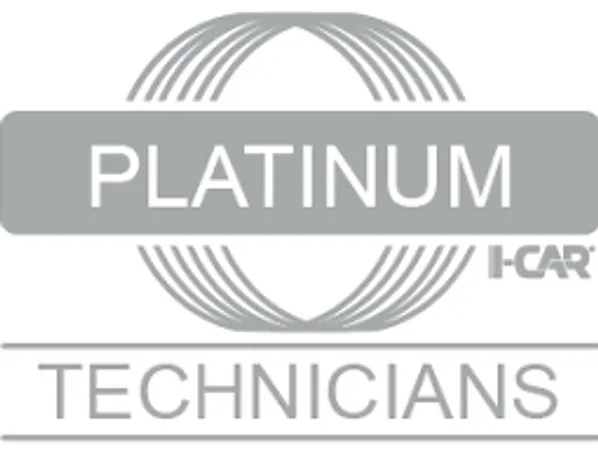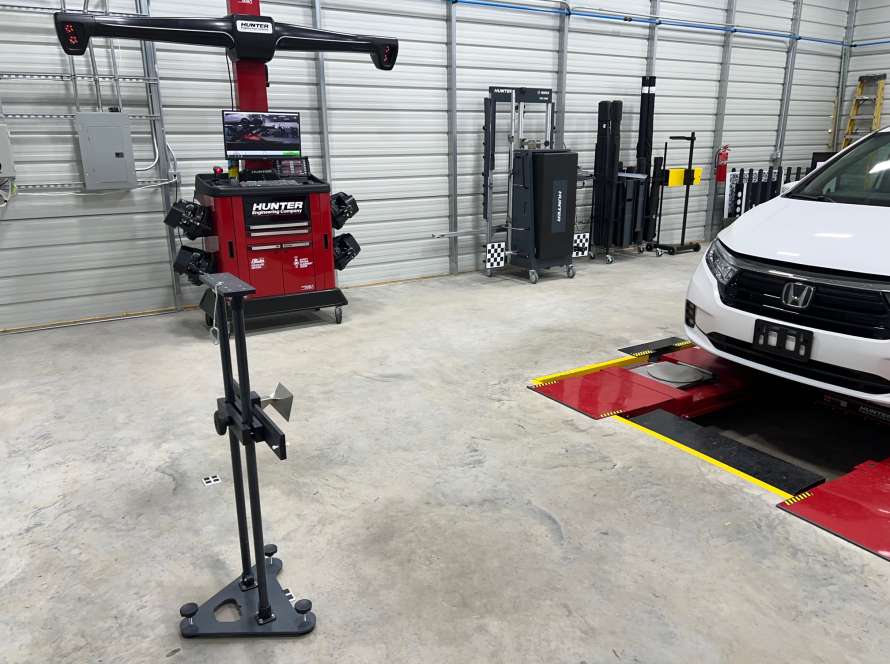In the world of modern automotive repair, Advanced Driver Assistance Systems (ADAS) are becoming increasingly sophisticated, providing critical safety features like automatic emergency braking, lane-keeping assist, and adaptive cruise control. However, after a collision repair, it’s crucial to properly calibrate these systems before returning the vehicle to the customer. Failing to do so can expose repair shops and vehicle owners to serious liability risks, even if no warning lights are showing on the dashboard.
The Dangers of Skipping ADAS Calibration
ADAS relies on sensors, cameras, and radars to detect objects, monitor lane positions, and make decisions to protect the vehicle and its occupants. If these systems are not properly calibrated after a repair, even minor errors in sensor alignment or data can lead to a range of dangerous consequences:
- False Alerts or Missed Warnings: If the sensors aren’t calibrated, the system might fail to detect obstacles or give incorrect warnings, such as sudden emergency braking when it’s unnecessary or, worse, failing to apply brakes when an obstacle is present.
- Failure of Safety Features: Systems such as lane-keeping assist and automatic emergency braking may fail to function properly if they’re not calibrated. This leaves the vehicle vulnerable in critical driving situations where these systems are expected to take action.
- Erratic Vehicle Behavior: A car might start to behave unpredictably, such as swerving or braking unnecessarily, because the ADAS systems are not responding to their environment correctly.
The biggest issue? Even if the dashboard doesn’t show any warning lights, these malfunctions can still occur, making the vehicle appear safe when it actually isn’t.
Liability Risks from Returning an Uncalibrated Vehicle
Legal Exposure for Repair Shops:
If an accident occurs due to malfunctioning ADAS systems that weren’t calibrated post-repair, repair shops can be held liable for negligence. By returning a vehicle without ensuring that all systems are correctly calibrated, a repair shop may face lawsuits for failing to meet safety standards or fulfill their duty of care. The legal implications can be significant, particularly if the malfunction leads to injury or death.
Insurance Complications:
Insurance companies may also refuse to cover claims if it’s determined that the vehicle’s safety systems were not properly calibrated. This can lead to prolonged disputes, denied claims, and financial strain for both the repair shop and the vehicle owner.
Real-World Cases and Risks
While specific lawsuits solely based on the failure to calibrate ADAS after repair are less frequently reported, the risks are becoming more recognized in the automotive industry. For instance, one notable case involved a vehicle manufacturer facing liability after a miscalibrated ADAS system failed to prevent a rear-end collision. While the vehicle’s system had no warning lights on the dash, the lack of proper calibration led to a failure in the automatic braking system, resulting in a crash. The injured party successfully filed a product liability lawsuit, citing the manufacturer’s failure to properly calibrate the system before returning the vehicle to the customer.
Additionally, a 2020 study by the Insurance Institute for Highway Safety (IIHS) found that vehicles with properly calibrated ADAS systems were 58% less likely to be involved in rear-end crashes. This statistic underscores the importance of proper calibration and the risks associated with failing to do so.
How ADAS Elite Helps Mitigate These Risks
At ADAS Elite, we understand the importance of precise calibration for ADAS systems. Our expert technicians are trained to ensure that all sensors, cameras, and radar systems are properly calibrated according to the manufacturer’s specifications. By choosing ADAS Elite, repair shops and vehicle owners can rest assured that all safety systems are functioning as intended, reducing the risk of accidents, insurance complications, and liability issues.
Conclusion
In the modern automotive landscape, “No Lights Doesn’t Mean No Liability.” Returning a vehicle without proper ADAS calibration exposes repair shops and owners to significant risks. Even if no warning lights appear, uncalibrated systems can lead to accidents, injuries, and costly lawsuits. To mitigate these risks, it is essential for repair shops to prioritize ADAS calibration, ensuring that vehicles are returned in a safe and fully operational state. Trust ADAS Elite to handle your calibration needs and ensure the safety of your customers and the protection of your business.
By addressing the importance of ADAS calibration, repair shops not only ensure the safety of their customers but also safeguard their own reputation and financial well-being.



